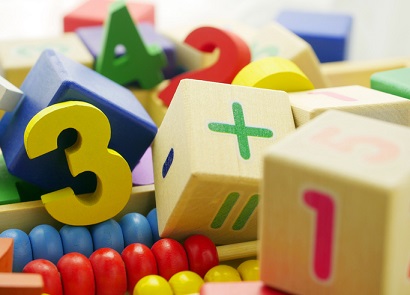
Play-Based Learning (PBL) allows children to organise and make sense of their social worlds as they actively engage with people, objects and representations.
While there is no one definition of play, there are a number of agreed characteristics that describe play, including active-play, which requires either physical, verbal or mental engagement with materials, people, ideas or the environment.
Indeed, research has shown PBL, including outdoor play, to be effective in improving students’ well-being as well as their educational outcomes.
However, some parents and early childhood educators say PBL is in a state of decline, and point the finger of blame at NAPLAN, which they say is unnecessarily stressful for children.
Dr Sandra Hesterman, a senior lecturer in early childhood education at Perth's Murdoch University, told ABC Radio Perth that more is being expected of children in kindergarten and pre-primary school than ever before.
“Pre-primary has become like Year 1 would have been 20 years ago,” Dr Hesterman said.
“For example, expectation in learning phonics; the phonics that children in Year 2 would have learned 25 years ago are now introduced into kindergarten and pre-primary.”
Dr Hesterman added that pressures to meet literacy and numeracy objectives mean that the time spent doing free play and play-based learning is restricted in many schools.
“Free play is the cornerstone of early childhood education,” she said.
“That is the feedback that comes from teachers, early childhood teachers in particular, and definitely from the leading WA early childhood advocacy groups.”
The schools letting kids be kids
Harkaway Primary School, located in Victoria, allows students four 10 minute breaks and two 45-minute breaks, a practice that the school’s principal, Leigh Johnson, says has improved students’ grades.
The initiative – launched two years ago – was inspired by Finland, where it is standard practice for students to have a 15 minute break every hour.
Another school that has drawn from successful Scandinavian education practices is ‘Nature School’ – a non-profit community-run organisation – which was launched in Port Macquarie in 2015 as a means of encouraging student development through play and nature-based learning and exploration.
Nature-based schools first took root in Scandinavia in the 1960s, before slowly making their way across Europe, where the benefits they brought children were readily accepted.
The school currently employs five casual educators and three casual administration officers who oversee three-hour and six-hour outdoor nature play sessions, initially for children aged 3-6 years.
Early Childhood Teachers’ Association (ECTA) president, Kim Walters, told The Educator that there are significant benefits of children starting school at an older age.
“Older children are able to thrive in a school setting. They are emotionally, socially and physically ready for the demands of schooling,” she said.
“Children who are too young developmentally struggle and this can lead to a negative view of school and poor self-confidence.”


